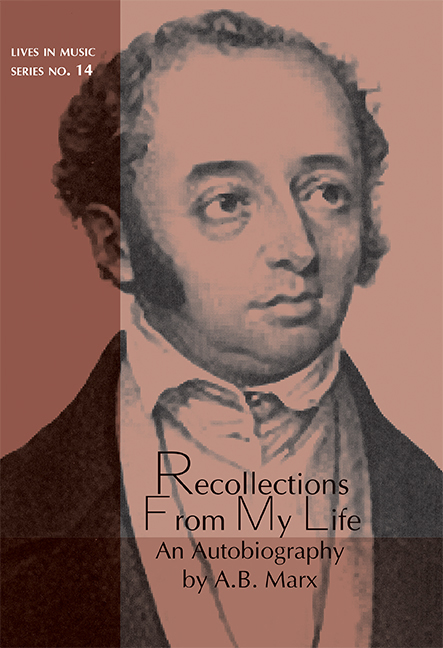Introduction
Summary
When reading autobiographies written in the nineteenth century, it is important to remember that this was a form that was both relatively new, and still experimental. The self-reflexive habits and attitudes of the present, which have helped create an accepted set of autobiographical literary strategies, verging in the worst hands on the formulaic, were simply not yet present. Of course, there were isolated autobiographies before 1800, most notably Jean-Jacques Rous-seau's Confessions of 1782, which cast its shadow over almost all subsequent attempts at forthright self-exposure. But the trickle became a flood only after the turn of the century: according to one persuasive line of thinking, the generation that grew up around the period of the French Revolution and Napoleonic Wars had not just lived through stirring events, but had as a result a new consciousness of the forward march of history, and consequently of their lives as narratives of change.
The novelty of the autobiography was especially marked in the field of music. While practitioners of the other arts had found ways of exploring and displaying their individuality - in, for example, the painter's self-portrait, a feature of visual culture since at least the sixteenth century — the musician remained a reticent figure until surprisingly late. It is perhaps again the year 1800 that provides a convenient, if approximate, locus of a major perceptual shift, from the notion of the musician as a sort of superior servant, noteworthy only as an adjunct to his master, to a self-aware, self-reliant creative force in his own right. While Franz-Joseph Haydn, who died in 1809, wore the livery of his aristocratic employer, Ludwig van Beethoven, thirty-eight years his junior, is seen as the vanguard of a new romantic ideal of the composer as assertive genius. Composers had resorted rarely to prose, and when they did, it was usually to explain their technique, not themselves; the first example of an autobiographical work by a composer was arguably the Mémoires of André-Ernest-Modest Grétry, published in 1789-1797, and even here, the personal reminiscence was packed within layers of musicological exegesis. With a few colorful exceptions, the life of a musician is not dramatic, but bounded by solitary desk-work and the routines of professional duty.
- Type
- Chapter
- Information
- Recollections From My LifeAn Autobiography by A. B. Marx, pp. ix - xixPublisher: Boydell & BrewerPrint publication year: 2017



